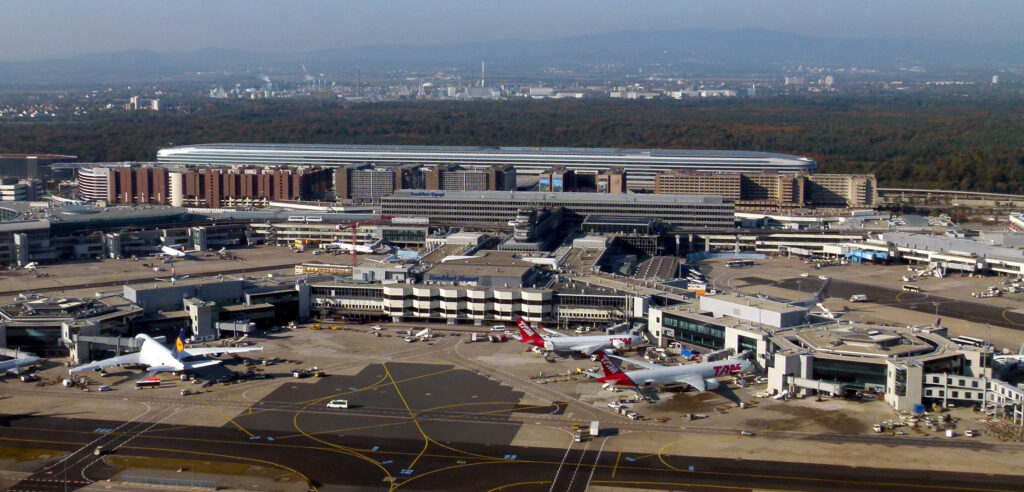
The European Union (EU) has reached an agreement on a regulation that would enable it to reject bids from suppliers that receive foreign subsidies that distort the EU internal market. The Regulation gives the European Commission the power to investigate subsidies granted by non-EU governments to companies active in the EU, and to reject bids deemed to distort the internal market. This post reviews the regulation.
The Foreign Subsidies Regulation applies to both public procurement and concentrations (mergers and acquisitions and joint ventures). Its application to procurement was prompted by concerns that foreign subsidies can provide foreign firms with an unfair advantage in EU public procurement. The EU contends that subsidies can enable recipients to win contracts with bids below market price or even below cost, to the disadvantage of European firms.
The EU’s development of the foreign subsidies measure began with a white paper in 2020, followed by a proposed regulation a year later. It culminated with a political agreement between the EU’s co-legislators (the European Parliament and the Council of the EU) on a Foreign Subsidies Regulation on June 30, 2022. The Regulation is expected to enter into force in 2023 after it is formally adopted by the Parliament and the Council.
The Regulation requires suppliers participating in large EU public tenders to notify the contracting authority of all foreign financial contributions they received in the three years preceding their participation in the tender (or a declaration they had not received any). The contributions that must be notified are defined very broadly. They include any transfer of funds or liabilities such as capital injections, grants, loans, loan guarantees, and fiscal incentives, as well as tax benefits, from foreign governments.
The notification requirement applies to procurement with an estimated value of at least €250 million, and the bid involves a foreign financial contribution of at least €4 million per third country. In open tendering, the supplier must submit the notification (or declaration) with its tender. In procurements with multiple stages, the supplier must submit the notification twice: first with the request to participate in the procurement and then as an update with the tender or final tender.
The European Commission will conduct a preliminary review of notifications and any in-depth investigation to determine whether a subsidy distorts a procurement. These investigations can take up to 160 working days.
An investigated bidder cannot be awarded the contract until cleared by the Commission. Upon a finding that a foreign subsidy distorts the internal market, the Commission can prohibit the award of a contract to the subsidized bidder, unless the bidder makes commitments to remove the distortion.
The Regulation is intended to close a perceived regulatory gap. While subsidies granted by EU member states are subject to a rigorous EU state aid regime, subsidies by third countries that benefit foreign operators active in the EU were unregulated. In addition, the EU’s existing public procurement rules were not considered sufficient to address and remedy distortions caused by such subsidies.
The European Commission has acknowledged that the exclusion of bidders under the Regulation would have to be compatible with the EU’s commitments under the WTO Government Procurement Agreement (GPA) and its free trade agreements (FTAs), especially the provision on conditions for participation. That provision limits such conditions to those “essential to ensure that a supplier has the legal and financial capacities and the commercial and technical abilities to undertake the relevant procurement.”
The EU has included foreign subsidies provisions in FTAs with several GPA parties, namely Japan, Singapore, and the United Kingdom. Those FTAs allow a procuring entity to inquire whether an abnormally low tender is the result of a subsidy, but only the Singapore FTA allows the exclusion of a supplier in such cases.
The foreign subsidies regulation is the second measure that the EU adopted in 2022 to address third country actions affecting EU procurement or EU participation in foreign procurement markets. After a decade-long effort, the EU adopted in June 2022 an International Procurement Instrument (IPI) to provide it with leverage to negotiate opening of foreign procurement markets or the removal of foreign barriers. If negotiations are not successful, the EU can exclude suppliers or impose price penalties on their tenders. The IPI became effective at the end of August.
Jean Heilman Grier
September 15, 2022
Related Posts

